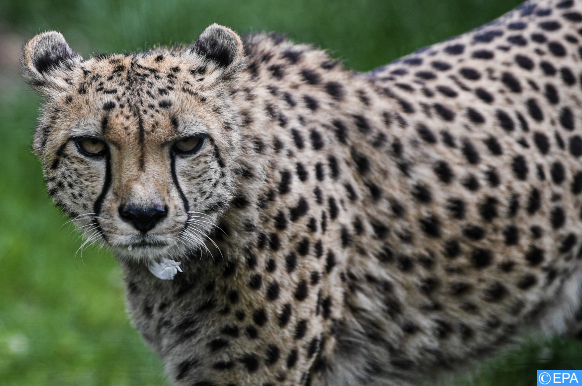Three Jaguars Killed as Fires Ravage Brazil’s Pantanal Wetlands
Brasília – Fires that have been ravaging Brazil’s Pantanal, the world’s largest wetland and a vital biodiversity sanctuary, for the past three months, have claimed the lives of at least three jaguars, according to the SOS Pantanal institute.
Conservation teams discovered the charred remains of two jaguars in the municipality of Aquidauana, located in the state of Mato Grosso do Sul, roughly 1,200 kilometers southwest of Brasília. A third jaguar was found dead in the Caiman Ecological Refuge in Miranda, approximately 75 kilometers from Aquidauana, said Gustavo Figueiroa, a biologist and head of SOS Pantanal.
“The jaguar is a top predator and crucial to the ecosystem,” Figueiroa explained. “When you see jaguars being burned, imagine what’s happening to other wildlife, which are slower and less agile.”
The fires have affected 8.7% of the Pantanal biome, destroying 1.3 million hectares since the beginning of the year. The latest report from the Ministry of Environment and Climate Change revealed that 564 wild animals had been rescued as of Sunday. These animals have been sent to rehabilitation centers for care.
A recent scientific study on the Responses of Neotropical Mammals to Mega-Fires in the Brazilian Pantanal noted that during the massive 2020 fire—the largest ever recorded in the Pantanal—jaguars were the only species among the eight studied that did not see a population decline, thanks to their ability to migrate. However, researchers warned that “the increasing frequency and severity of human-induced fires will likely have detrimental effects on species distribution and resilience.”
“The impact is enormous because wildlife has been suffering for several years,” Figueiroa said. “With these recurring fires, many species are experiencing population declines, and local extinctions could occur.”
Firefighting efforts in the Pantanal have been hampered by numerous challenges, including difficult access to areas with tall vegetation and current climatic conditions that make it easy for fires to spread, even in regions already under control.
The Caiman Ecological Refuge, where one of the jaguars was found dead, is a 53,000-hectare area that promotes eco-tourism as a means of preserving the biome. However, 80% of this refuge was affected by fire in July, leading to the suspension of eco-tourism activities until the end of September, according to SOS Pantanal.














